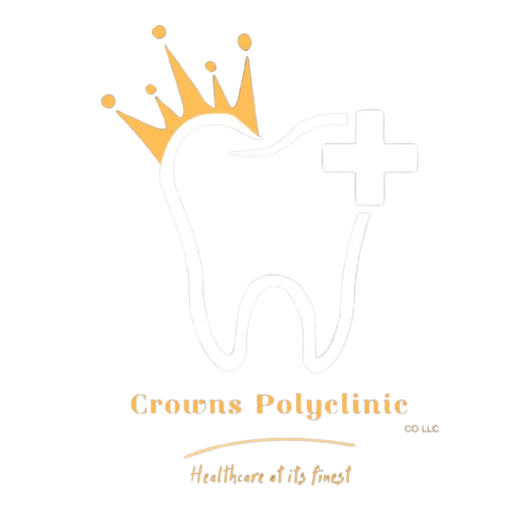Teething is an exciting milestone in your baby’s development, but it can also be a challenging time for both parents and babies. The appearance of those tiny pearly whites often comes with discomfort, fussiness, and sleepless nights. Here are some tried-and-true tips to help ease the teething process for your little one and bring peace to your household.
1. Recognize the Signs of Teething
Before diving into remedies, it’s important to know when your baby is teething. Common signs include:
-
Excessive drooling
-
Chewing or biting on objects
-
Irritability or fussiness
-
Swollen, tender gums
-
A slight increase in temperature (but not fever)
Every baby is different, so symptoms may vary. Knowing what to look for can help you address their discomfort promptly.
2. Offer Something Cold
Cold items can numb sore gums and reduce inflammation. Some safe options include:
-
A chilled (not frozen) teething ring
-
A cold, damp washcloth for your baby to chew on
-
A refrigerated spoon (for babies old enough to hold it)
Avoid giving your baby anything frozen, as it can be too harsh and may harm their delicate gums.
3. Gentle Gum Massage
Using a clean finger, gently rub or massage your baby’s gums. The pressure can help alleviate some of the discomfort. If you prefer, you can use a soft silicone finger brush for this purpose.
4. Provide Teething Toys
Invest in high-quality, BPA-free teething toys. Silicone or rubber teething rings, soft-textured toys, or those filled with water that can be chilled are all great options. Always ensure toys are clean and safe for chewing.
5. Use Over-the-Counter Remedies with Caution
For particularly tough teething days, consider:
-
Teething gels: Choose baby-safe options without benzocaine or harmful ingredients. Apply sparingly.
-
Infant pain relief medication: Consult your pediatrician before giving acetaminophen or ibuprofen to your baby. This is usually recommended for babies older than six months.
Avoid teething tablets or products not recommended by medical professionals.
6. Keep Baby’s Chin Dry
Excess drooling during teething can cause skin irritation. Gently wipe your baby’s chin with a soft cloth and apply a baby-safe moisturizer to prevent rashes.
7. Provide Distractions
Sometimes, engaging activities can help take your baby’s mind off their discomfort. Try:
-
Playing gentle games
-
Singing soothing songs
-
Offering extra cuddles and comfort
8. Maintain a Consistent Routine
Teething can disrupt sleep, but maintaining your baby’s regular bedtime routine can help. Offer comfort and reassurance, and try to stick to familiar patterns to create a sense of security.
When to Call a Doctor
While teething can cause mild discomfort, it should not cause a high fever, diarrhea, or extreme irritability. If your baby shows any unusual symptoms, contact your pediatrician to rule out other concerns.
Teething is a temporary phase, but with the right tools and care, you can make it a little easier for your baby — and yourself. Remember, those precious smiles with tiny teeth are worth the effort!


